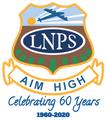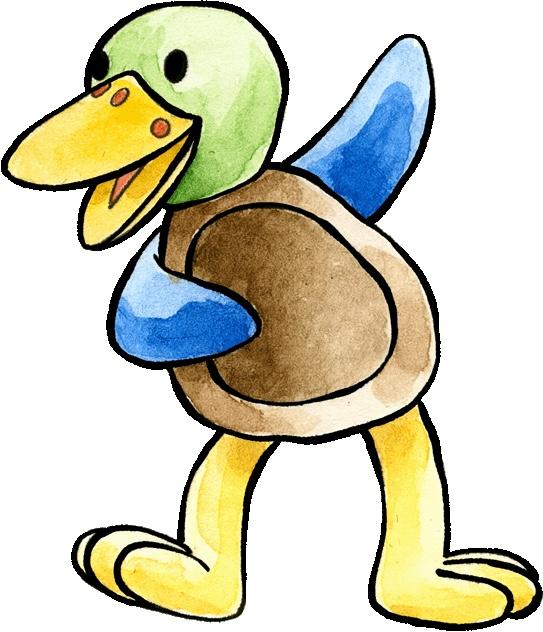Mellor Specialist

Science
During semester one in 2016 the year one two students will be studying the Science understandings outlined in the Australian curriculum sub strands of Chemical sciences and Earth and space sciences.
Year 1 Chemical Sciences examines how materials can be physically changed in a variety of ways; and in year two how materials can be combined for a particular purpose.
Earth and Space Sciences involves students in year one exploring the observable changes occur in the sky and the landscape. And in year two how the Earth’s resources are used in a variety of ways.
While studying these topics the students will develop the Science inquiry skills of:
- Questioning and predicting: where they will pose and respond to questions, and make predictions about familiar objects and events. Students will participate in guided investigations to explore and answer questions.
- Planning and conducting investigations: Students participate in guided investigations while exploring and answering questions.
- Processing and analysing data and information: Students develop the skills to use a range of methods to sort information, including drawings and tables, discussion and comparing observations with predictions They will apply informal measurements to collect and record observations and use digital technologies where appropriate.
- Evaluating: Students will compare their observations with those of others.
- Communicating: Students will develop the skills of representing and communicating observations and ideas in a variety of ways
Science as a human endeavor
Through this strand of the curriculum students learn how people use science in their daily lives, including when caring for their environment and living things. They develop an understanding that
science involves observing, asking questions about, and describing changes in objects and events.
Students learn science through inquiry, play and exploration. The teaching and learning cycle is based upon the Five Es Instructional Model developed by the Biological Sciences Curriculum Study group. The students Engage in the intended learning, Explore their existing conceptions, Explain and clarify the intended learning, Elaborate by applying their understanding in new situations and Evaluate their learning.
Physical Education
The Physical Education program is designed to ensure the participation of all students in a safe, energetic and fun environment. In these early years, students work to develop fundamental motor skills and begin to improve their agility and balance skills when running and changing directions. In PE lessons this semester, students will explore various forms of locomotion, practise bouncing throwing, catching and rolling a ball. Students will have to work cooperatively with a partner and as a member of a team. In the second half of term 1, most of our lessons will have an athletics focus, in preparation for our School Sports Day on April 1st. Students will also be involved in obstacle course work, and will frequently use balloons, bean bags deck rings and beach bats to develop essential motor skills. From time to time sporting clinics, conducted by visiting specialist sports development officers, will compliment the school PE program. Students are reminded to wear suitable clothing and footwear to all PE lessons to ensure their full participation.
German
Curriculum Overview for Semester 1, German 2016 Yr 1/2 classes
In German lessons, students use language in context through familiar routines, games, songs and repetition. They exchange greetings and information making connections between English and German. This term we will revise vocabulary introduced to students last year and use the topic of Schule (school) to introduce new language structures and vocabulary. Students will learn with two puppets, characters visiting from Germany, Felix (a frog) and Franzi (a duck). A range of learning experiences will allow students to gain confidence using the language. Please encourage your child(ren) to tell you about what they have been learning in German. See what they can teach you!
(Frau) Libby Edwards (LA 22 Mon-Wed)
elizabeth.edwards559@schools.sa.edu.au

